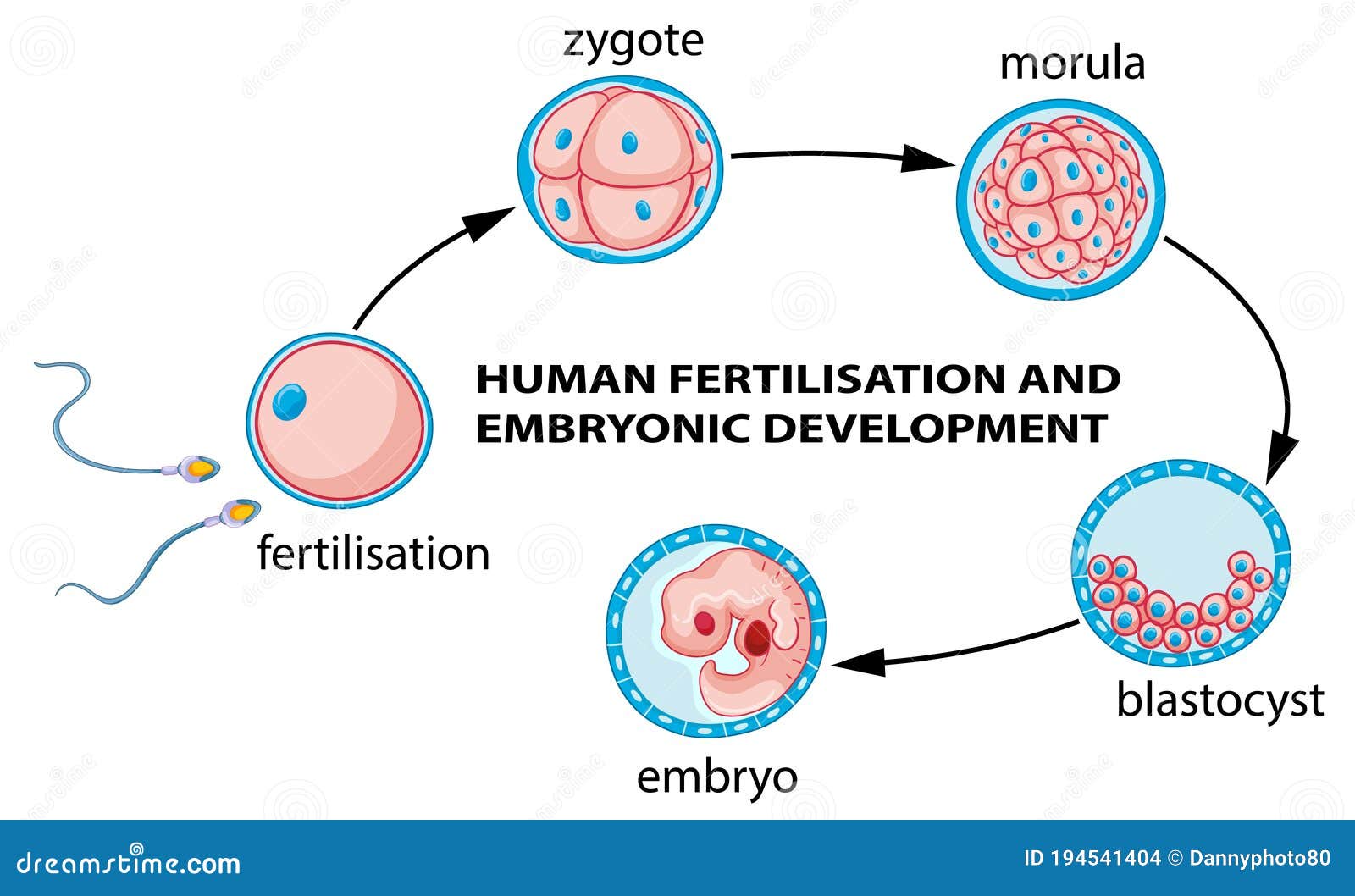The Best Guide To "The Role of Nutrients in Fertilization: A Comprehensive Guide"

Gardening can be a fulfilling and satisfying encounter, but it may likewise be irritating when your plants fail to generate the fruits and vegetables you are anticipating. One of the most vital aspects in productive gardening is fertilization. Fertilizing delivers vital nutrients to your vegetations, helping them expand stronger, healthier, and extra successful. In this article, we will go over how to increase fertilizing in your yard so that you can easily enjoy a abundant harvesting.
1. Assess Your Ground
Before you begin feeding your garden, it is significant to assess your dirt. A dirt examination will certainly inform you what nutrients are being without in your ground and what modifications you need to incorporate to boost its productivity. You can acquire a soil test set at any backyard center or online merchant.
2. Select the Right Fertilizer
Once you understand what nutrients your dirt demands, it's opportunity to pick the correct fertilizer. There are a lot of various styles of fertilizers offered on the market, including natural and synthetic options.
Organic fertilizers are produced from all-natural components such as compost, manure, bone dish, and blood meal. They release their nutrients slowly over time and improve soil health by including organic concern.
Artificial fertilizers are created coming from chemicals that give a quick ruptured of nutrients to vegetations but do not strengthen ground health in the lengthy run.
When picking a fertilizer for your garden, consider using an organic choice if possible.
3. Administer Fertilizer at the Right Time
Time is everything when it comes to feeding your backyard. Administering plant food also early or too late may result in unsatisfactory vegetation growth or also damage to your plants.
In general, it's absolute best to administer plant food early in the expanding time when plants are starting to expand definitely or only before growing brand-new plants. This are going to offer them the boost they need to have in the course of their preliminary development stages.
4. Make use of Compost
Compost is an great source of organic issue that delivers numerous of the essential nutrients vegetations need to develop. Found Here improves ground framework and water recognition, creating it an superb addition to any kind of yard.

You may make your very own compost by gathering kitchen junks, backyard misuse, and various other natural materials in a compost can. Over opportunity, these products will crack down right into a wealthy, nutrient-dense dirt modification that you may make use of to feed your backyard.
5. Mulch Your Garden
Mulching your yard is yet another technique to strengthen soil health and wellness and increase fertilization. Mulch helps maintain dampness in the soil while decreasing weeds and regulating ground temperature level.
All natural composts such as straw, leaves, or turf cuttings additionally break down over opportunity, including valuable organic issue to the ground.
6. Rotate Your Plants
Crop turning is a approach where you plant different crops in different places of your landscape each year. This helps avoid nutrition deficiency in the dirt through allowing different crops to absorb various nutrients.
For example, if you grow tomatoes in one area of your landscape one year, you need to plant a crop that calls for various nutrients (such as grains) in that area the following year.
7. Avoid Over-fertilization
While it may be appealing to administer even more plant food than necessary to achieve faster outcome, over-fertilizing can easily actually damage your vegetations and harm the atmosphere.
Extreme fertilizer make use of can lead in nutrition overflow into neighboring water sources or also leaching into groundwater source. It may likewise lead to sodium buildup in the dirt which can easily destroy vegetation origins and hinder their potential to soak up water and nutrients.
Final thought
Fertilization is an crucial part of productive horticulture but it's necessary not to overuse it. Through testing your ground, picking the ideal plant food, applying it at the appropriate time and staying clear of over-fertilization you can help guarantee that your vegetations expand powerful and healthy and balanced along with a abundant harvesting for years to come!
